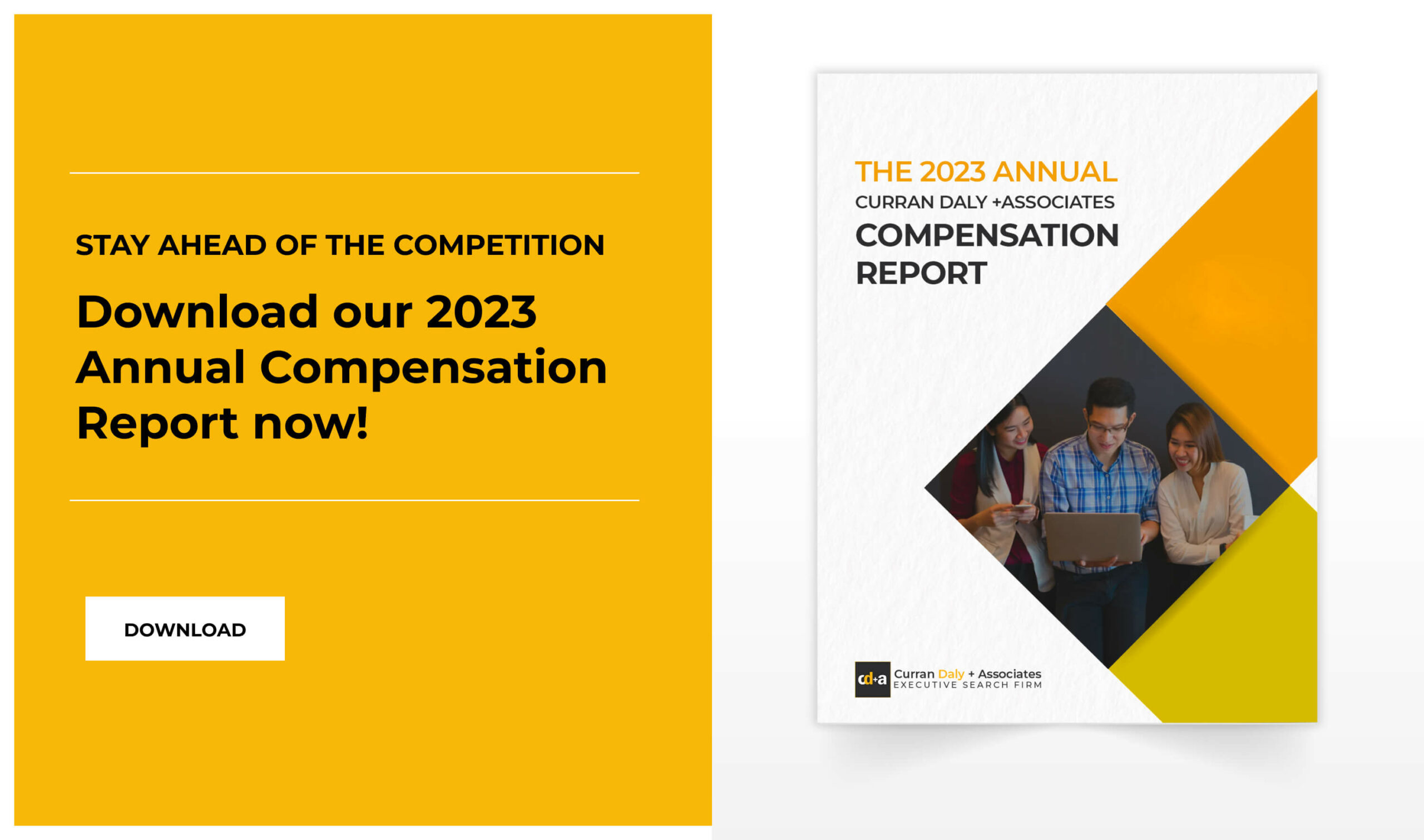While screening candidates for a recent opening, you came across someone who seemed like the perfect fit: they excelled in phone, and in-person interviews, did well on assessment & skill tests and meshed well with your company culture. But, unfortunately, by the time you decided, the candidate had already accepted another position.
According to ERE.net, hiring speed and the recruitment process length are some of the most vital HR problem areas today.
This article explores how timeliness is a significant factor in landing your ideal candidate or losing them altogether.
The recruitment procedure is lengthening
Most organisations take far too long to fill an open position. The average time it takes to fill a role has increased by 50% since 2010!
Several factors contribute to this lengthening recruitment process:
The overabundance of choice and the talent shortage
There are more job openings than there are talented candidates to fill them. With such a limited pool of top talent, employers can’t afford to be picky and must move quickly to secure the best candidates.
The proliferation of applicant tracking systems (ATS)
In order to manage the influx of resumes, many organisations have implemented ATSs. However, these systems often make it difficult for candidates to apply and increase the time it takes to screen applicants.
The rise of social media
Social media has made it easier for candidates to research organisations and connect with recruiters. However, it has also created more work for recruiters, who now have to sift through a larger pool of applicants.
The cons of a lengthy recruitment process
A lengthy recruitment process can have a number of negative consequences for your organisation, including:
1. You may lose top talent to your competitor
As we mentioned before, the best candidates are often snatched up by other organisations if you take too long to make a decision. In today’s competitive job market, you can’t afford to lose top talent.
2. It can damage your employer brand
A lengthy and bureaucratic recruitment process can damage your employer brand and make it harder to attract top talent in the future.
3. It can be costly
A long recruitment process can also be quite costly. In addition to the cost of advertising the position, you also have to factor in the opportunity cost of the time spent by your HR team and managers on screening and interviewing candidates.
4. It can lead to bad hires
When you’re desperate to fill a position, you may be tempted to lower your standards or hire someone who’s not a good fit for the role. This can lead to high turnover rates and a negative impact on your organisation’s productivity.
Remember: The shorter the recruitment process, the more likely you are to land your ideal candidate
This is a refrain you’ve undoubtedly heard before, and it couldn’t be more apt for the BPO sector right now, especially at the lower levels.
In an intense and competitive market like the Philippines’ BPO industry, with concentrated areas like Cebu and Manila, “talent war” time – how long does it take to go from interview to signing a job offer – becomes critical. To attract applicants, BPOs are using tactics such as “one-day hires” and other similar employment offers.
If you should wait to make a hire, you might miss out on the top talent as they’ve already been recruited by another company. The best applicants will likely be receiving offers from other firms, so if you want them, you have to act fast.
Recruitment velocity, or the speed of recruitment, is crucial in today’s business climate. The best candidates are usually off the market within ten days, so you need to be able to move quickly to hire them. The goal is to identify and assess candidates as soon as possible so that you can make an offer before your competitor does.
At the top level, time is also a major consideration.
Time is also a defining factor for higher-level executives in Australia though possibly for slightly different reasons.
The recruiting process is often an applicant’s first impression of a company, and it can give them insight into what it might be like to work there. If candidates don’t receive timely feedback, they may start thinking negatively about your organization. They may feel that you don’t like them or that they are not good enough. This could lead them to believe that you have chosen someone else over them.
In a study conducted by the Harvard Business Review, they found that when it took longer than two weeks to hear back from a company after an interview, 78% of applicants said they would not accept a job offer if one were extended.
The study also found that the majority of candidates who did receive timely feedback rated their experience as positive.
The study’s authors suggest that companies adopt a “no news is good news” policy when it comes to their recruitment process. This would allow candidates to assume they are still in the running if they haven’t heard anything, rather than assuming they have been rejected.
While this may work for some organizations, it is important to remember that everyone is different. Some candidates may appreciate hearing that they are still being considered, even if it takes a little longer to get back to them.
The key is to communicate with your candidates and keep them updated on the status of their applications. Candidates who feel like they are in the dark are more likely to withdraw their application or accept another offer.
How to shorten your recruitment process
There are a number of steps you can take to shorten your recruitment process, including:
1. Simplify your application process
Make it easy for candidates to apply by streamlining your application process. Consider implementing an ATS that allows candidates to easily submit their resumes and track their progress through the hiring funnel.
2. Use technology to screen candidates
You can use technology to automate some of the screening processes, including pre-employment assessments and skills tests. This will help you save time while still ensuring that only the most qualified candidates move on to the next stage of the process.
3. Conduct initial screenings over the phone or video call
Initial screenings can be conducted over the phone or through a video call. This will help you save time while still getting to know the candidate and their qualifications.
4. Delegate some of the work to managers
Managers should be involved in the recruitment process, but they don’t need to be responsible for every stage. Delegate some of the work to managers, such as conducting initial screenings or reviewing resumes. This will help you free up time so you can focus on other aspects of the process.
5. Make decisions quickly
Once you’ve found a qualified candidate, move quickly to make a decision. The longer you wait, the more likely it is that another organisation will snatch them up.
By following these tips, you can shorten your recruitment process and improve your chances of hiring the best candidates.
Your recruitment mantra: “The early bird gets the worm…You snooze, you lose….”
The purpose of this article is to encourage you to tell a fantastic applicant (which, let’s face it, may be difficult to find) about your interest and attempt to speed up the recruitment process in order to demonstrate that you are genuinely interested. It’s not meant as an excuse for skipping steps in your hiring procedure; rather, it’s intended as advice for being more focused on what you need to know that making excuses and putting things off. You simply must hire quickly because if you don’t, the competition will scoop up all of the best talents.
The bottom line is that the recruitment process is crucial to your company’s success. The speed of recruitment can make or break your ability to hire the best talent. If you want to attract and retain top talent, you need to be able to move quickly.










0 Comments